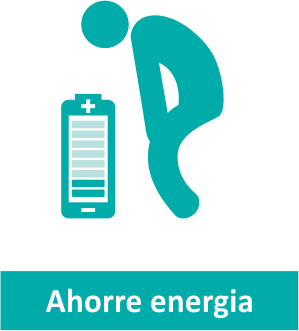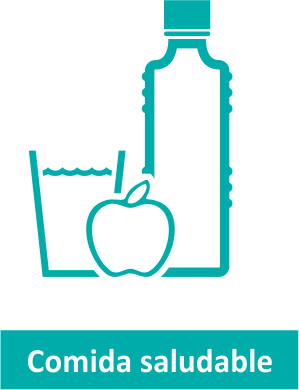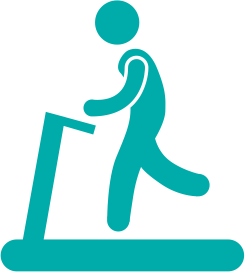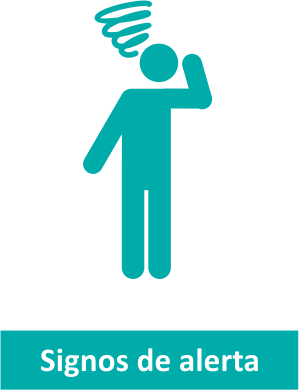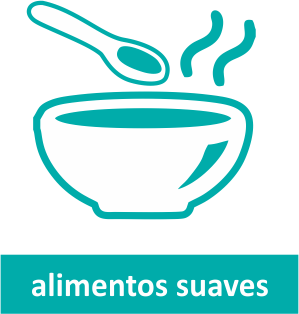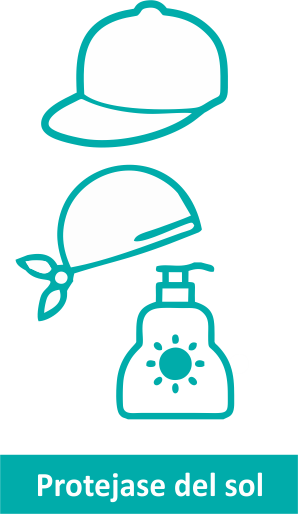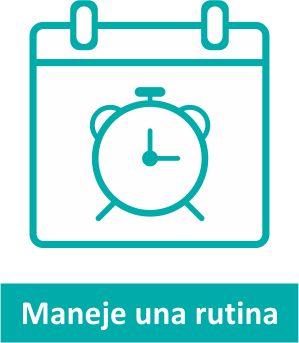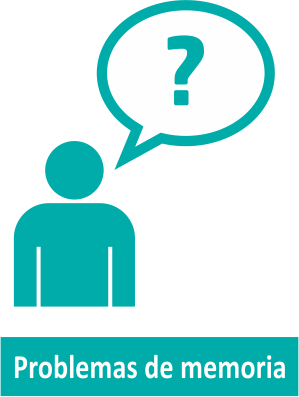Side effects are common in patients receiving chemotherapy. Although the treatment does not cause symptoms in everyone, if you have any discomfort, the first thing to do is contact your doctor so that they can start treatment if necessary.
Here are some tips for coping with chemotherapy:
Fatigue
Save your energy
- Focus on getting the most important things done every day.
- Take short naps, less than an hour a day.
- Too much rest can make you feel weak.
- Get at least eight hours of sleep every night.
Eat well
- Talk to your doctor to find out what foods and drinks are good for you. Some people need to increase protein in their diet while others need more iron.
- Drink at least 8 glasses of water every day.
Exercise
- Walk and/or use a stationary bike to help you regain energy.
- Remember that exercise should be moderate.
Further Recommendations
- Avoid excessive temperatures.
- Avoid smoking and/or inhaling harmful smokes.
- Avoid long, hot showers or baths.
Warning signs
- Dizziness or faintness.
- Difficulty breathing.
- Feeling that your heart is beating too fast.
If you have at least one of these signs, you should inform your doctor.
Nausea and Vomiting
Take your anti-nausea medication
- Talk to your doctor to make sure you are taking your medication correctly.
- Remember to take your medications even on the days you feel fine.
Consider changes to your diet
- Eat five or six small servings a day instead of three large meals.
- Have soft foods or soups.
- Avoid greasy, fried, salty, sweet, or highly seasoned foods.
- Take small sips of water throughout the day and eat candy or ice cubes.
- Let food cool before eating.
On the days you receive treatment
- Bring relaxing music, a movie, or ask a friend or family member to join you.
Hair loss
What can you do before your hair falls out?
- Wash your hair with a mild shampoo. Dry it with a soft towel.
- Some people decide to cut their hair or shave their head.
- If you plan to buy a wig or toupee, do it while you have hair so that you can have a reference to choose the ideal piece.
What can you do if your hair falls out?
- Protect your head from the sun by wearing sunscreen or a hat when you go out.
- Protect your head from the cold by wearing a hat or headscarf when you go out.
Your hair will most likely grow back two to three months after you finish chemotherapy. It may be curlier or straighter, but over time it can grow back to how it was before starting treatment.
Mouth and Throat
- Brush your teeth after every meal.
- Use fluoride and / or baking soda toothpaste.
- Rinse your mouth with a mixture of ¼ teaspoon baking soda, 1/8 teaspoon salt, and a glass of warm water.
Keep your mouth and lips moisted
- Use a lip balm to keep your lips moisturized.
- Sip water or have ice cubes.
- Try drinking with a straw.
Avoid foods that can hurt your mouth
- Eat soft and bland foods, not crunchy or highly seasoned ones.
- Be aware of which drinks can hurt your mouth. For example: orange, lemon, tomato and grapefruit juice.
- Do not drink alcoholic beverages.
- Don’t drink sugary drinks, such as soda.
- Don’t smoke cigarettes or use other tobacco products.
- If food tastes like metal, use plastic cutlery and a crockery or glass pot for cooking.
Warning signs
- Difficulty passing food.
- White patches in your mouth.
- Sores on lips or in your mouth.
If you have at least one of these signs, you should inform your doctor.
Changes in your ability to remember
Set a daily routine and stick with it
- Try to do the tasks that require the most concentration at the time of day when you feel best.
- Get extra rest.
Help yourself remember things
- Write down the things you want to remember.
- Write down important dates and information on a calendar.
- Use a 7-day box for your pills.
- Bring a friend or family member to all your doctor appointments.
- Having another person present helps clarify doubts after the visit.
Warning signs
- Confusion.
- Sadness or depression.
- You have a hard time thinking or remembering things.
If you have at least one of these signs, you should inform your doctor.
Bloating and fluid retention
Find your comfort
- Wear loose clothing and shoes that are not too tight.
- When possible, elevate your feet. Sit or lie down and put your feet up on cushions or a bench.
- Try not to stand or walk for a long time.
Watch your weight
- Weigh yourself at the same time every day.
- Notify your doctor if you gain weight.
Avoid eating too much salt
- Don’t eat foods like French fries, bacon, packaged or canned soups as they contain a lot of salt (sodium).
- Don’t add salt or soy sauce to your food.
- Check food labels to see if they contain sodium.
- Ask your doctor how much salt or sodium you can eat.
Warning signs
- Shortness of breath.
- Your heart beats differently or irregularly.
- You have sudden swelling or a swelling that is getting worse.
- No or little urine.
If you have at least one of these signs, you should inform your doctor.
Diarrhea
What foods should you avoid?
- Spicy and hot.
- Those high in fiber, such as raw fruits and vegetables.
- Greasy or fried.
- Nuts.
What drinks should you avoid?
- Very hot or very cold.
- Caffeine such as coffee, strong tea, and soda.
- Dairy.



